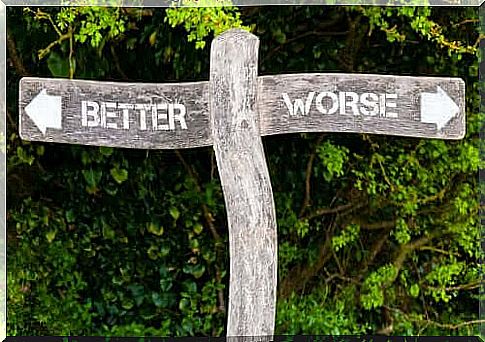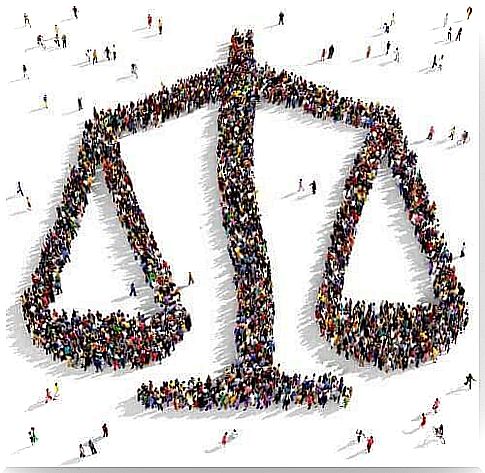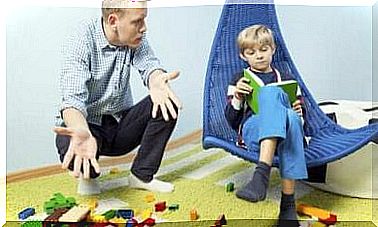Social Comparison: How It Affects Us

We constantly compare ourselves with people around us, those who are in our social networks, public figures and even fictional characters. The general perception seems to be that social comparison is mostly negative and should be avoided at all costs.
But what if we told you that social comparison is part of being human.
Do we need to compare ourselves with others?
Leon Festinger is the originator of the theory of social comparison and cognitive dissonance. He claims that people need to assess their own opinions and abilities. Put another way, we all need to know that we are meaningful and that our choices and thoughts are valid.
According to psychologist Joen Feliu, people began to compare themselves to each other to achieve a sense of security. This is because they had no other way to confirm the validity of their opinions and abilities.

Even when something is very clear, we often put our trust in the opinions of others. In other words, we trust more in the opinion of others than in our own when it comes to what to do, say and think.
Feliu emphasizes, however, that these comparisons do not happen by chance. We use people who we think are similar to ourselves. So once we have decided that there is a similarity with the other person, then we trust more in their assessment of our opinions and ability.
All this reflection leads to the formation of a uniform group. The fact that we need reliable opinions from those with whom we feel equal becomes a desire for uniformity in the group. So we want to be more like others and others want to be more like us.
Cognitive dissonance
But what happens when our attitudes and opinions do not match the people we think resemble ourselves? According to Festinger, cognitive dissonance occurs when social comparison leads to a discrepancy.
This dissonance creates concern. It can make us change our decisions, opinions, attitudes, and ultimately our whole way of thinking.
Social Comparison: How Harmful Is It?
Now that we know that social comparison is that part of human nature, an important question remains. So how does comparing ourselves to others affect us?
Comparing ourselves to others will affect us differently, depending on what meaning we place in the comparison. The way we value our own situation in relation to others can affect our self-esteem and have a detrimental effect on our sense of independence.
On the other hand, we must understand that we all have unique preconditions in life as a consequence of difficult experiences. Put another way, it is important to keep in mind that the events that have led you to your present place in life are not the same as for someone else. Making direct comparisons between your own life and someone else’s can seriously damage your self-esteem.
At the same time, we must remember the proverb: “One should not look the dog on the hair.” Keep in mind that the skin can be deceiving. Physician and wellness expert Susan Biali points out the important fact that the exterior of others cannot be compared to our own interior.
Along with the advent of social networking, it has become very common to compare our lives with others by looking at their Facebook and Instagram profiles. This despite the fact that the only thing we have to deal with are pictures.
Social comparison as inspiration
We are all unique and have our own set of prerequisites. If we constantly compare ourselves with others, we will assume a set of expectations that do not match our experiences. However, there is a healthy way to use social comparison – namely as inspiration.

Watching others make progress and achieve their dreams while you still have a long way to go can be really frustrating. It can also create a considerable amount of anxiety. When comparing yourself to others, turn that frustration and envy of not having what they have into motivation.
In other words, comparing yourself to others must always focus on self-development. Look at these others with new glasses, as a model or a goal for how you can achieve your own goals. Analyze what they did to achieve what they have now. Motivate yourself by saying, “If they can, so can I.”









